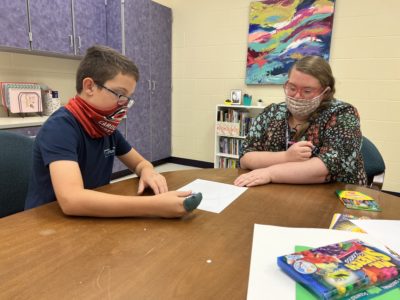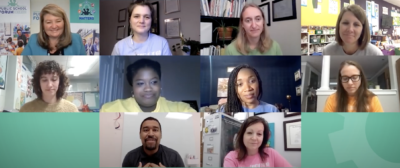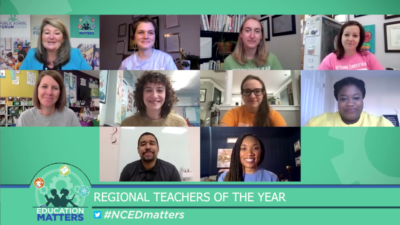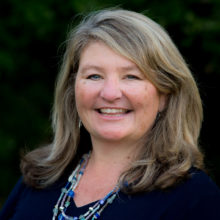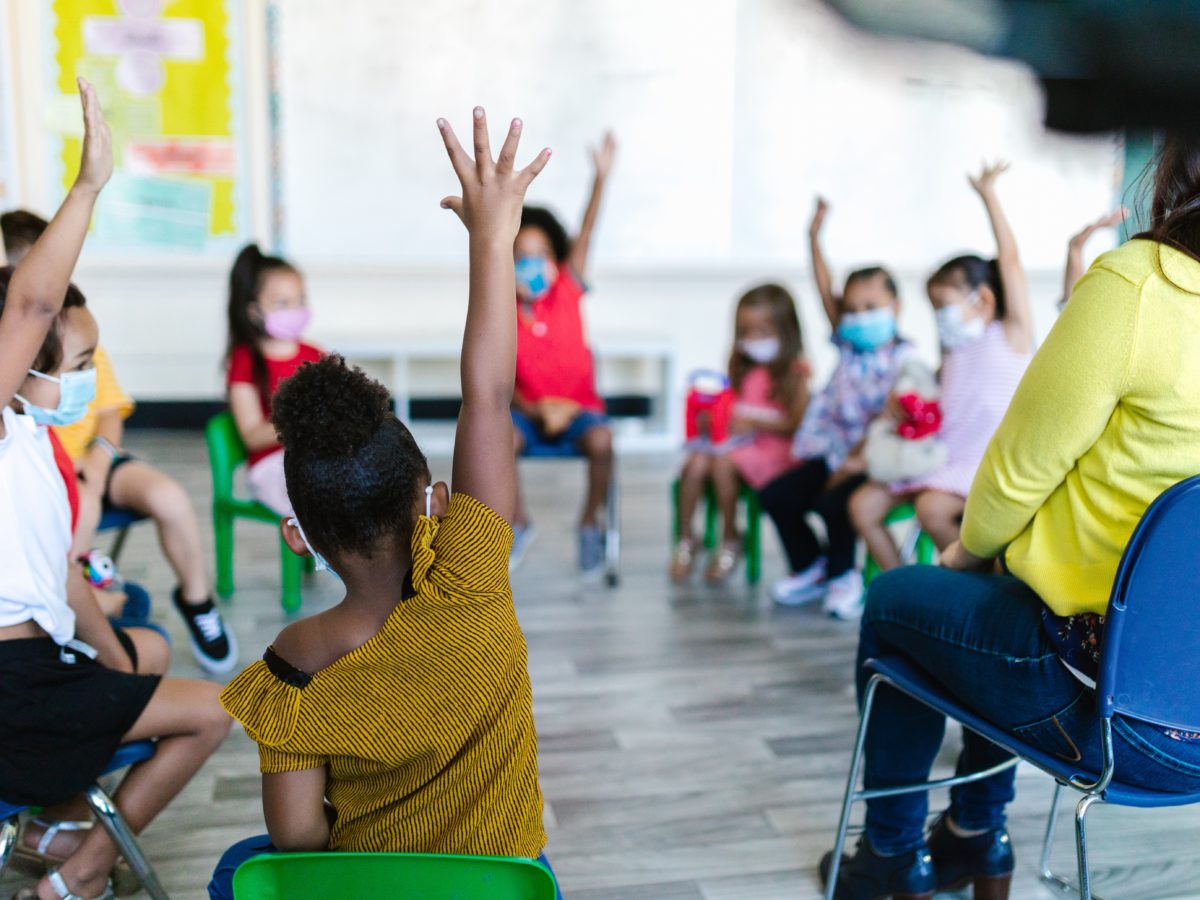
|
|
The following is Mary Ann Wolf’s “Final Word” from the Feb. 3, 2022 broadcast of Education Matters: “Supporting trauma-informed practices in schools.”
As we continue our focus on the whole child and student mental health, it is important for us to consider how a child’s experiences affect their brain and their behavior. When I think back to teaching two decades ago, the research about Adverse Childhood Experiences had not yet come out. I remember some of the behavioral challenges, in particular, about my students; and I often wonder about how I may have been able to support them differently and more effectively if I knew more about Adverse Childhood Experiences and some of the effects on the brain and behavior that they caused.
Many children in our classrooms and adults that we know experience or have experienced Adverse Childhood Experiences (or ACEs) in their daily lives. ACEs include experiencing a potentially traumatic event, like abuse or neglect, or living with a caregiver with a mental illness or substance abuse problem. At first glance, you may not think that this is the case for many of the children in your communities or that you know, but studies show that six in ten individuals have at least one Adverse Childhood Experience. Additionally, nearly two-thirds of adults report experiencing a significant Adverse Childhood Experience before the age of 18, and more than 1 in 5 reports experiencing 3 or more types of ACEs (Merrick, Ford, Ports, & Guinn, 2018).
These experiences can lead to trauma and toxic stress, which can hinder academic, social, and emotional learning; and the effects become more severe with the number of ACEs that a child or adult has. Students who experience three or more ACEs score lower than their peers on standardized tests, are 2.5 times more likely to fail a grade, are up to 32 times more likely to be identified with learning and behavioral problems; and are more likely to be suspended and expelled. The more ACEs a child experiences, the higher their long-term risk of substance abuse and other health issues.
You may ask, what can we do? By understanding ACEs and employing trauma-informed practices early, there are opportunities to support students and help them overcome some of the impacts of ACEs and be ready to learn. Research also shows us that implementing effective social and emotional learning programs leads to significant and sustainable gains in academic outcomes, in addition to self awareness and regulation, social awareness and relationship building, and responsible building.
Today you heard directly from educators and members of The Public School Forum of NC’s Resilience and Learning Team about how they work to build understanding and awareness about trauma and its impacts while also helping schools focus on resilience, support, and safety for their staff and students. Some of these strategies include school and staff wide interventions, like calming spaces that can provide a safe space for a student to self-regulate and manage their behavior, morning meeting time to include social-emotional learning lessons, a check-in/check-out program to support students who may need help meeting specific academic or behavioral goals, and implementing a school-wide social-emotional learning curriculum. Teachers who understand ACEs ask different questions when a child behaves a certain way or is not able to grasp a topic or skill. Teachers who understand trauma and its effects on students go further and strive to have classrooms that support students where they are.
Supporting social and emotional learning (SEL) and ACEs requires human resources. We have frequently discussed how North Carolina does not provide adequate funding for nurses, counselors, social workers, and psychologists to the estimated ratios that students need. For example, the recommended ratio for school social workers is 1 to 250 students, but in North Carolina , we currently have 1 social worker for every 1,289 students. For counselors the recommendation is 1 for every 250 students, but in North Carolina, we have 1 for every 353 students, which is over 100 more students than they should realistically be able to support effectively. These critical roles serve as a part of the team with educators to support our students, and they have the training and expertise to meet the needs of students. We made some progress this year with funding for psychologists, and some local counties and districts fund these positions to get closer to the recommended ratios; but North Carolina has a long way to go.
The research shows us how we can make a difference through social and emotional learning and implementing trauma-informed practices. As we strive to ensure that students are prepared for college, career, and citizenship, supporting the whole child is key to their academic, social, and emotional learning and outcomes.
Thank you for taking time with us to learn and think about education. That’s all for today, and we’ll see you next week.
Recommended reading
